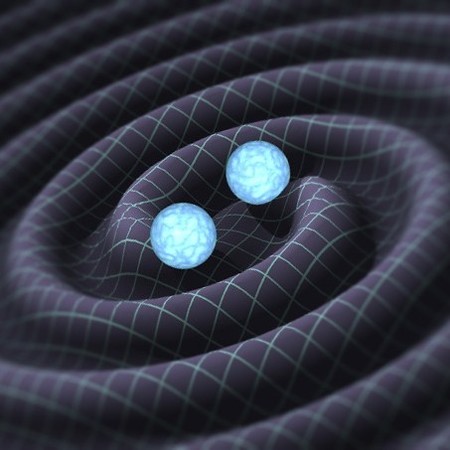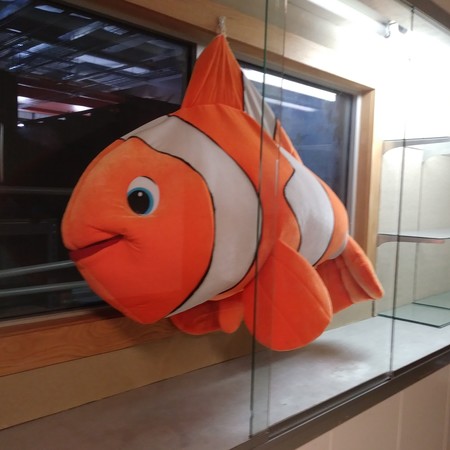Research



I am a part of the LIGO Scientific collaboration (LSC) since 2016. During my postdoc, I worked with the LSST DESC Collaboration. I have also worked with the Zwicky Transient Factory (ZTF) during my Ph.D. Aside from LIGO, I am also currently a part of the A3D3 NSF Institute.
In 2015, gravitational waves (GWs) were directly discovered by the LIGO instruments almost a century after their prediction by Albert Einstein in 1916. This was yet another triumph of general relativity. The 2017 Nobel Prize in Physics was awarded to Rainer Weiss, Kip Thorne, and Barry Barish for the inception of LIGO and their contribution to the observation of GWs. Even more excitement arose in 2017 when both GWs and light was observed simultaneously from the binary neutron star merger GW170817. This was the start of multi-messenger astronomy using GWs. It is however challenging to observe these counterparts since not all GW detections are expected to have accompanying counterparts. Even when they are present, they are dim and evolve rapidly, making it a challenge for observational effort. Within LIGO, I study the conditions when such joint multi-messenger observations are possible, and develop tools, data products, and algorithms using machine-learning which make such discoveries possible. My research is interdisciplinary - aside from general relativity, one has to use results from several different areas like nuclear physics and high-energy astrophysics. Computing plays a big role in the implementation for most data analysis techniques, with machine learning starting to play a bigger role nowadays. Apart from multi-messenger astronomy, I am interested in gravitational-wave cosmology. There is a tension in the measured value of the Hubble constant, between the two established probes - type Ia supernovae and the cosmic microwave background. Gravitational waves provide an independent probe for measurement of the Hubble constant. Future measurement from gravitational waves could solve the hubble tension. I develop different techniques that could make such a measurement from gravitational waves.
Here is a list of my selected publications. For a full list, see my Google scholar or ORCiD. My Ph.D. thesis can be found here.
Software
- Author and maintainer of GWCelery.
- Author and maintainer of ligo.em-bright.
- Tutor in LIGO/Virgo low-latency bootcamp, MIT, 2019.